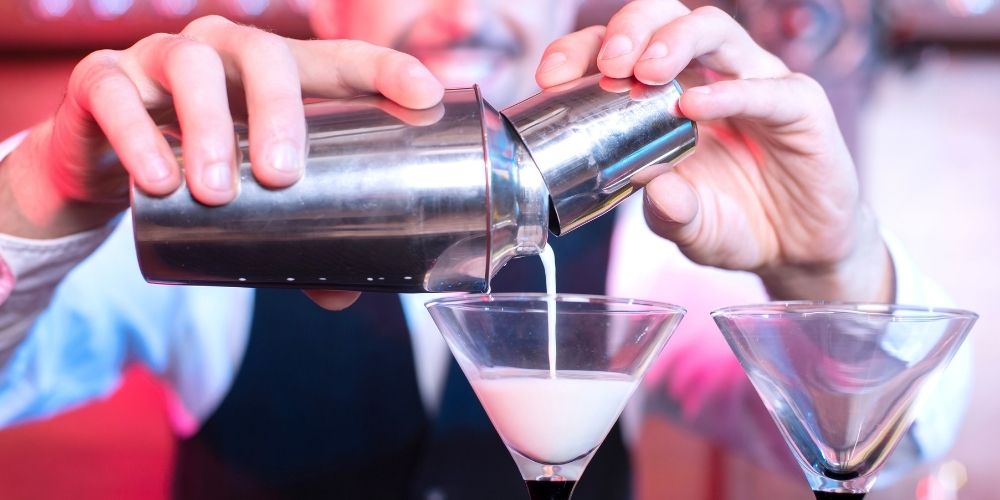
Have you ever wondered what does glutathione have to do with hangovers? You’ve likely heard of the benefits of glutathione (or not, we'll include that too). But what about alcohol, does it affect your glutathione levels? Here we’ll be taking a look at how alcohol affects glutathione and how it impacts hangovers.
Glutathione is the most powerful antioxidant produced by the body. It is made from three amino acids: glycine, cysteine, and glutamic acid. It's produced inside your body by the liver.
It helps protect the liver and other cells from oxidative damage. This naturally-occurring substance has vast functions throughout the body including boosting immunity, neutralizing toxins, and helping remove heavy metals.
Glutathione plays an integral role in detoxification that has been proven to help the liver in removing toxins from the body. The body uses glutathione to convert toxins into a compound that is water-soluble, allowing them to be excreted through the urine or bile.
Here's some of the main functions of glutathione:

When you drink alcohol, it can deplete the body of glutathione, the potent antioxidant that helps rid the body of toxic substances and make you more susceptible to oxidative stress. Glutathione is key to helping your liver eliminate toxins from alcohol.
While drinking alcohol your glutathione levels may lower. People who drink heavily typically have lower general levels of glutathione than people who don't drink at all or drink moderately.
A hangover is caused by an accumulation of toxins in the body that build up as a result of alcohol consumption. When you drink alcohol, it's broken down by enzymes into acetaldehyde, which is very poisonous to your brain and body.
Glutathione not only prevents the buildup of acetaldehyde, it also protects your brain from its effects. These toxins are produced during the process of metabolizing alcohol, which causes dehydration and the release of stress hormones such as cortisol. The resulting dehydration and chemical imbalance causes headaches and nausea, among other symptoms.
Glutathione inhibits the toxic effects of alcohol on your brain, heart, and other organs. When you have adequate levels of glutathione in your system, it prevents damage to these organs caused by excessive amounts of acetaldehyde.
To get the most benefit from glutathione, try taking it before or just after drinking alcohol. That way it can get to work to help detoxify the liver and helps process alcohol in the body, before it's too late and a hangover kicks in.

Glutathione is produced naturally by the liver and is also found in many foods. The following foods contain high levels of glutathione and can help you get your system back in top shape.
If you're glutathione deficient or introducing toxins such as alcohol, the problem is that foods often provide inadequate amounts of glutathione. In those cases especially with drinking alcohol, the best was to boost your body to adequate levels is to supplement glutathione.
In summary, glutathione is typically lowered or impaired during alcohol consumption. Research has shown that glutathione, by supporting the liver, can help process alcohol and dramatically reduce hangover symptoms. If a person’s body is not able to produce enough glutathione to support the metabolism of alcohol, hangovers nearly always occur.

Looking for the best glutathione supplement to replenish your body after a hard workout, or to aid in recovery? Zaca is the first Glutathione supplement in on-the-go chewables for fast replenishment and recovery. They taste great and get absorbed very quick, making your feel better faster. Simply take 2 chewables as needed or 4 before bed. Try our glutathione-loaded supplement today and get your glutathione replenishment when you need it most.
Copy the coupon code & use it at checkout